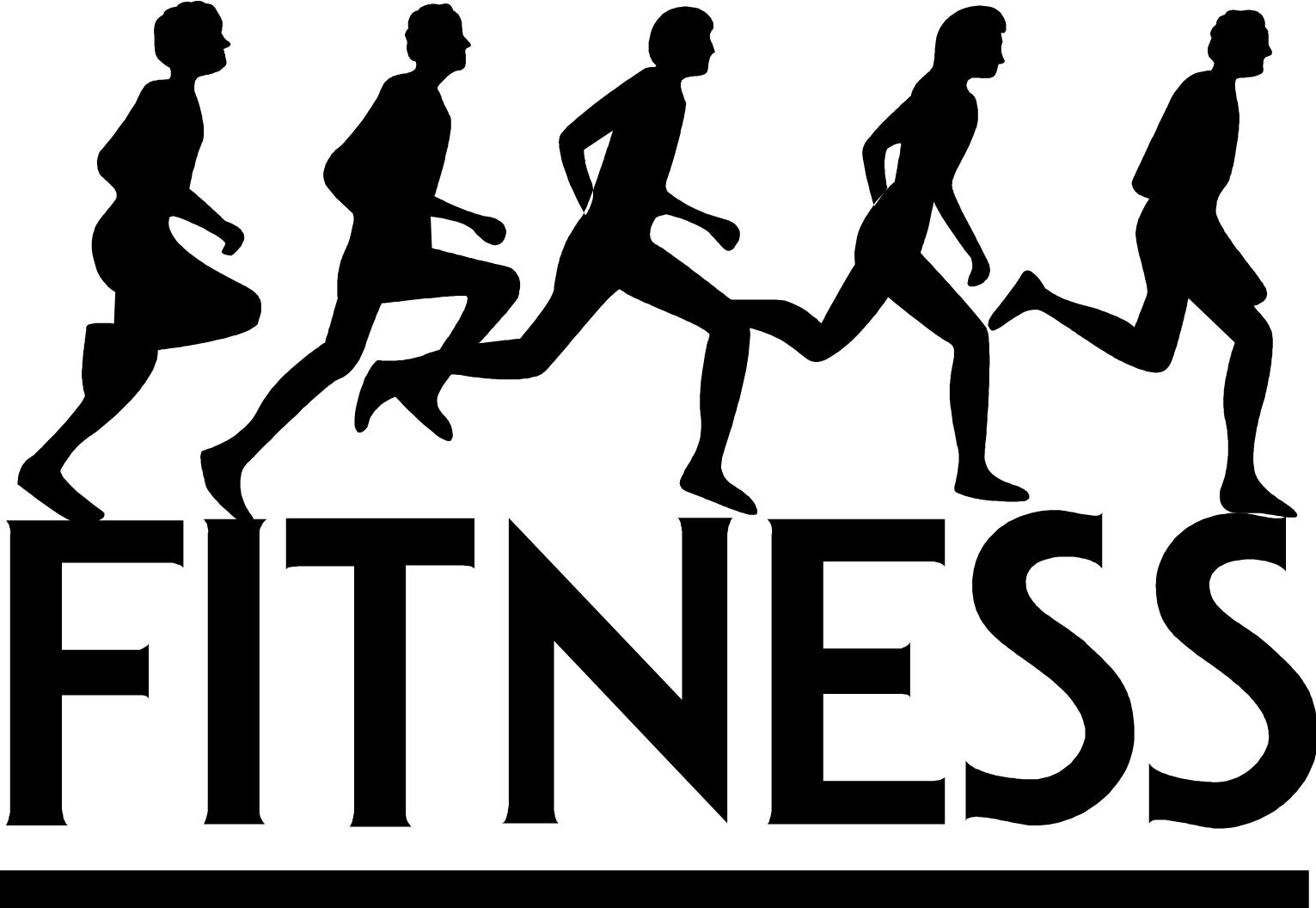By Paul Dexter, Copyright 2014
As we age, muscle proteins are being broken down daily at the rate of 1-2% (which lowers metabolism, weakens bones, etc.). We can reverse this process by increasing Protein Synthesis thru proper strength training and nutrient intake. Strength Training is the major stimulus because it increases Protein Synthesis for 24-36 hours post-exercise. The problem is that without the right nutrient intake at the right times, any potential lean muscle tissue increases can be canceled out by protein breakdown. Follow the right nutrient intake at the right times will result in the accumulation of lean muscle tissue over time, leading to an increased metabolism.
So, how much do you need?
In a fat loss study conducted recently at the University of Oklahoma, a group of sedentary adults were assigned into 3 groups.
Group 1 –
Were not allowed to exercise, but were instructed to increase their protein by 21% (appr. 100 grams per day total).
Group 2 –
Were instructed to eat the same diet as group 1, but added exercise: 2 days/week of strength training, and 3 days of cardiovascular exercise.
Group 3 –
Exercised the same as Group 2, but were instructed to increase their protein by 60% over the other 2 groups (appr. 160 grams per day total).
Results –
The first group did not change. But it should be noted that they did increase their caloric intake by increasing their protein by 21%, and did not increase their weight.
The 2nd group lost 2 lbs of fat over the 10 week study. But the biggest gains were from the 3rd group, losing 6lbs of fat, and adding 1 lb of muscle. Note that the third group had more calories than the 2nd group and lost more fat!
The Numbers:
Research from the Journal of Strength and Conditioning Association has shown that the optimal range of protein for both Males and Females is to consume between 1.5 – 1.9 grams of protein per kg. of bodyweight (kg = bw/2.2).
The more you often you exercise and the intensity of that exercise determines how high you should be on that range.
The chart below will give you a proper range according to your bodyweight.
| Daily Protein Requirements | ||||
| BodyWeight(lbs) | Protein (grams) | |||
|
100 |
||||
|
110 |
70-120 | |||
|
120 |
||||
|
130 |
||||
|
140 |
90-150 | |||
|
150 |
||||
|
160 |
||||
|
170 |
110-180 | |||
|
180 |
||||
|
190 |
||||
|
200 |
130-210 | |||
|
210 |
||||
|
220 |
||||
|
230 |
150-240 | |||
|
240 |
||||
|
250 |
||||
|
260 |
170-270 | |||
|
270 |
||||
|
280 |
||||
|
290 |
190-300 | |||
|
300 |
||||
How do I get that much protein in?
The best way to insure that you hit your protein mark each day is to determine how many grams you need per day and divide that number by 5 or 6 meals. If you are a 150 lb woman who is working out 2-4 x per week, you should be taking in approximately 125 grams of protein per day which comes out to 20-25 grams per meal. Research has also shown that your body will maximize its metabolic abilities if you are feeding it every 2-3 hours.
Be open to a wider variety of protein sources; chicken, turkey, fish, beef, pork, eggs, and whey. This will make it more tolerable to consistently reach your numbers.
Biggest tip is to never miss your post-workout shake. Post-workout the body is primed and ready for some easily digested protein (such as liquid form), and you can easily get 25-50 grams towards your goal in that shake.
Take home message:
Proteins are the building blocks for lean muscle tissue, and with that come a variety of health benefits (anti-aging, increased metabolism, lower bp, lower cholesterol, preventing osteoporosis, decreased stroke risk and cardiovascular disease, and overall sense of well-being….. and many, many more). Make protein a priority with every meal, and surround it with vegetables/complex carbs, and healthy fats. Your energy levels, as well as your health, and appearance will be noticeably better.




